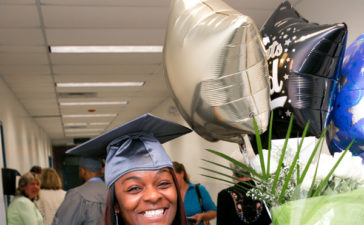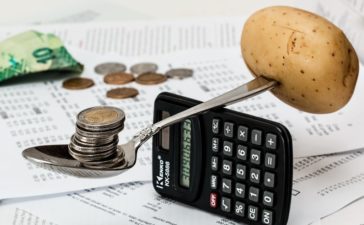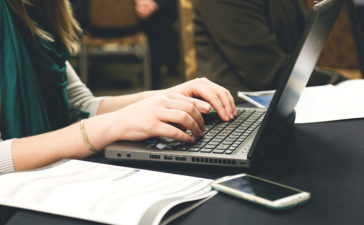“I have grown up with a lot of music during my childhood. My parents used to sing me to bed, my dad with his guitar and my mom with her voice. I grew up in a house with six kids, and for some reason, most of us just had a knack for music. I don’t know where it came from, and for some reason, it was just something that drew me. It was something that I was good at, which for me is a big thing because I don’t tend to go towards things that I don’t do very well in. It’s not really explainable, my attraction to music and it’s role in the environment and in society. It means a lot to me to be able to create this beauty in sound and also in motion, and it’s just an incredible thing. It really is inexplicable.
I started out on violin for eight years, then I moved to viola, which I have played for about three years. That is my main string instrument. But my life-long love is the piano, although I never really took any official lessons. I mainly taught myself from the age of thirteen or fourteen. These last six months, though, I’ve been receiving actual lessons, and the improvement has been amazing! I’m learning to play classical music. It’s a lot of fun to play music from the Romantic period. It’s a lot of fun to play soft, pretty music. But I’m also learning how to love the banging and crashing because it’s actually a lot of fun! For an audition, I played a piece, and the left hand was in D minor and the right hand was in E major. So, the left hand was playing all the notes that the right hand was playing in half a step lower. It was really wacky, but I got to bang on the piano, and it was so much fun! It’s jarring to the ear, but when I’m playing pieces like that, I learn to appreciate music more.
My piano teacher also really pushes me because I have a problem with self-doubt and not having confidence in my ability, so he actually did push me to have a piano recital after just five months of having lessons. It was the first experience I have ever really had of being a solo performer for about an hour. The music wasn’t really hard to play, but it was music that I love playing. That performance really taught me how to command the stage and how to own mistakes because that’s one of the struggles for performers: the mistakes always catch you. One of the main aspects of learning how to be a really good performer is how to command those mistakes and understand that they are just a part of the performance and really make the music. Mistakes make it human. Mistakes make it relate-able.”














